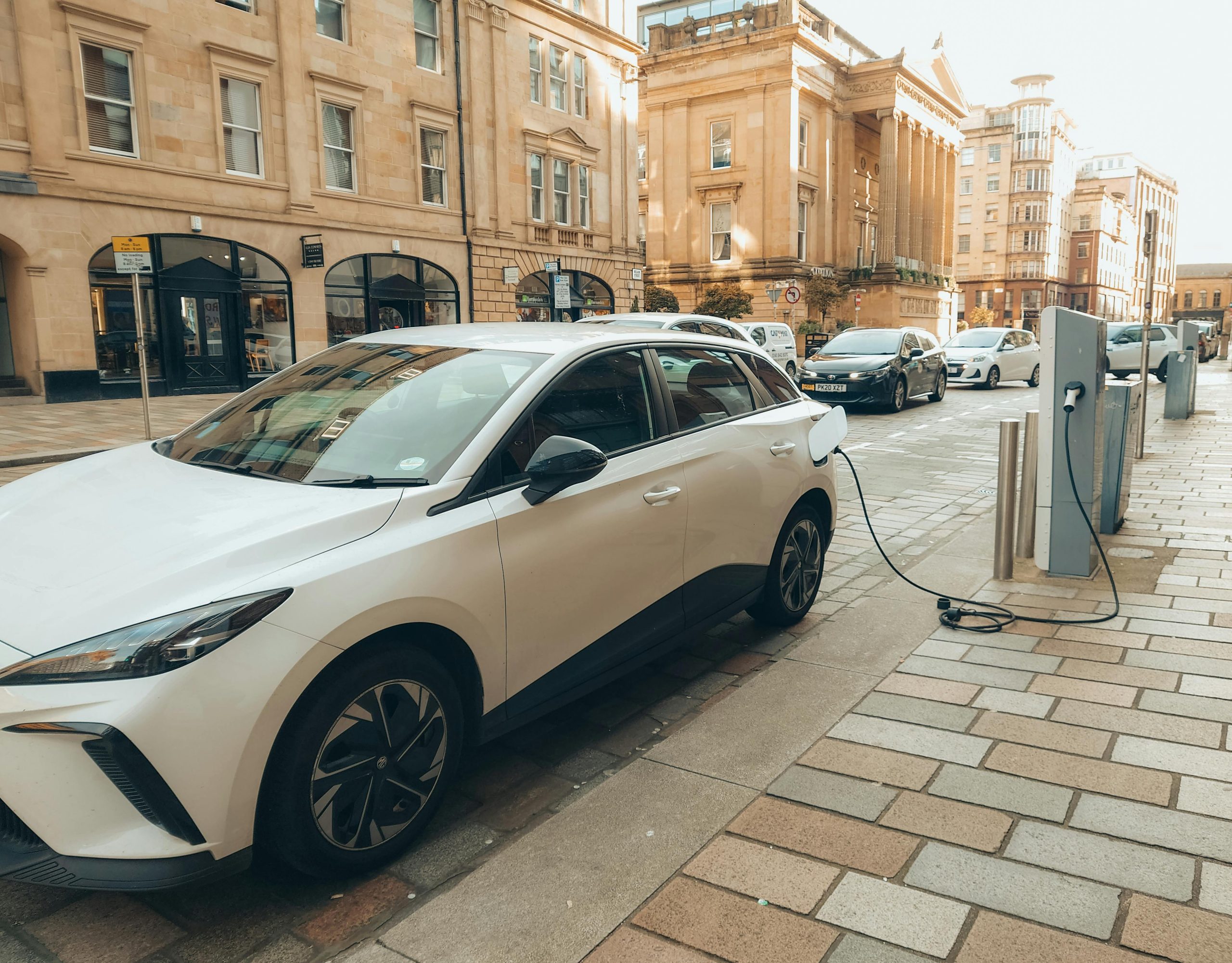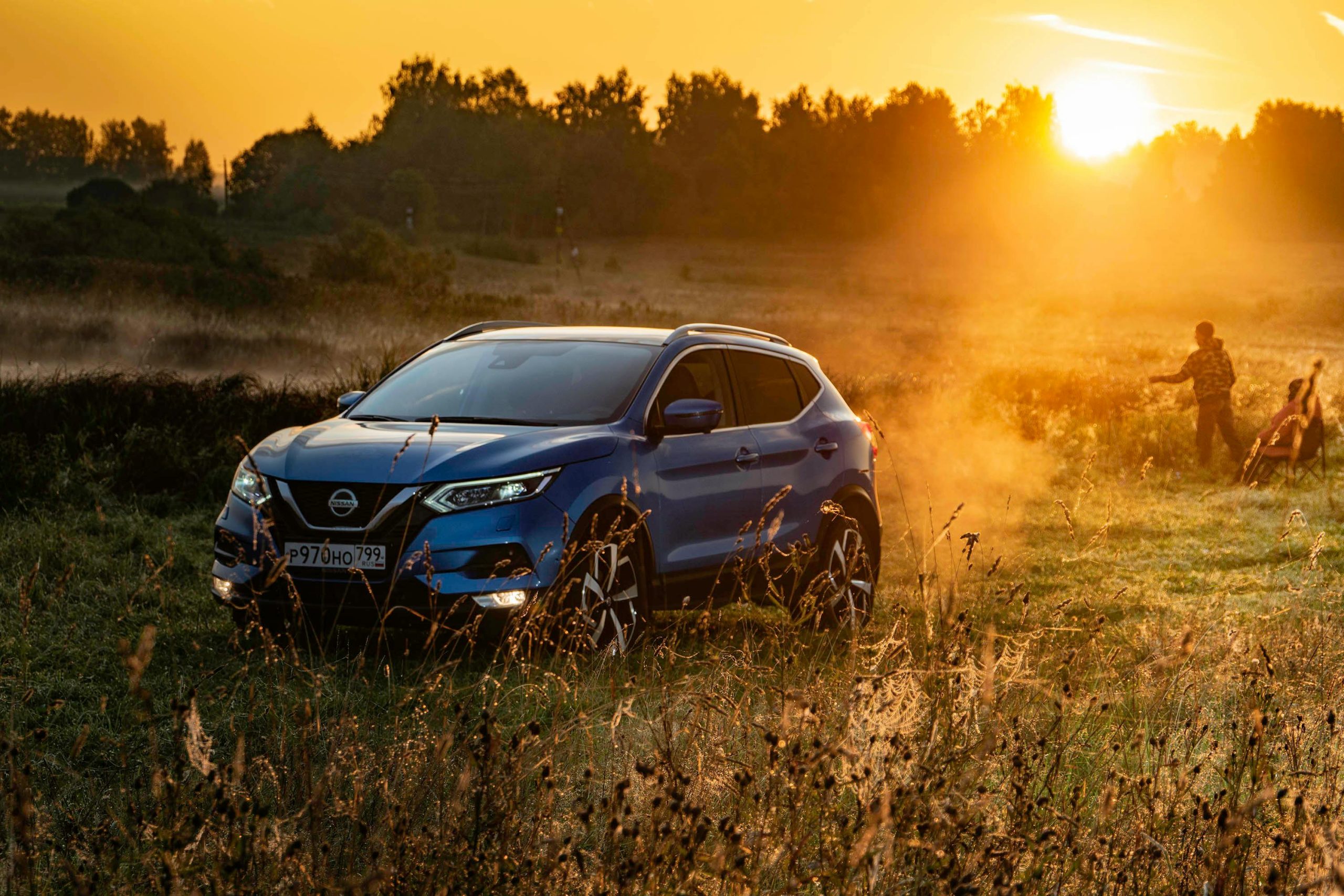Buying your first car is an exciting milestone—but it can also feel overwhelming. With so many options, from affordable compact cars to luxury sedans for professionals, and financing decisions to consider, where do you even start? Should you go for a fuel-efficient vehicle that saves you money on gas, an SUV for families with top safety ratings, or maybe a hybrid vehicle for commuters looking to cut down on fuel costs?
If you’re wondering how to afford your dream car—whether it’s a budget-friendly used car, a sleek electric vehicle for eco-conscious buyers, or even a sports car for men who crave performance—you’re in the right place. This guide will break down the best financing options for first-time car buyers, helping you navigate auto loans, leasing, and dealership incentives so you can make the smartest financial decision.
By the end of this article, you’ll know:
✅ The best financing routes for young buyers, even with little to no credit history
✅ How to secure a loan with a low-interest rate and manageable monthly payments
✅ Whether leasing, buying new, or opting for a budget-friendly used car is your best move
✅ How to qualify for special programs designed for first-time buyers
Let’s get you behind the wheel of a car that fits your lifestyle—whether you’re a student looking at the best cars for 18-25 year olds, a young professional eyeing a luxury car for professionals, or a parent prioritizing family cars with high safety ratings. Your perfect ride is out there, and with the right financing, it’s well within reach.
Navigating Smart Financing: Your Path to the Perfect First Car Without the Financial Stress
Now that you understand the importance of making a well-informed financial decision when buying your first car, let’s dive into the specifics—how to finance it smartly, avoid common pitfalls, and choose a vehicle that aligns with your lifestyle and budget.
Financing 101: Understanding Your Options
Before committing to a car, you need to understand the different financing options for first-time car buyers. Each method has pros and cons, depending on your credit score, budget, and long-term financial goals.
1. Auto Loans: The Most Common Route
If you’re planning to buy instead of lease, an auto loan is the most traditional financing option. Here’s what you should know:
✔ New vs. Used Car Loans – Interest rates are typically lower for new cars, but budget-friendly used cars may have a lower overall cost despite slightly higher interest rates.
✔ Where to Get a Loan – Banks, credit unions, and online lenders all offer auto loans. Some dealerships also provide financing, but their rates can be higher unless you’re eligible for a promotional deal.
✔ Tip: If you have a limited credit history, look for lenders that offer first-time buyer programs or consider having a co-signer to secure a better interest rate.
2. Leasing: Lower Payments, But Is It Worth It?
Leasing might be a good option if you want lower monthly payments and the chance to drive a new car every few years. However, there are some trade-offs:
✅ Lower monthly payments than financing a new car.
✅ Drive the latest fuel-efficient vehicles or luxury sedans for professionals without a large down payment.
❌ Mileage limits can be restrictive, making leasing less ideal for long commutes.
❌ You won’t own the car at the end of the lease.
💡 Best for: Young professionals or tech enthusiasts who want the latest electric vehicles with advanced tech but don’t plan to keep the car long-term.
3. Manufacturer and Dealership Incentives
Some dealerships offer special promotions for first-time car buyers, including:
- Low or 0% APR financing on new models (best for those with good credit).
- Cash rebates for students and recent graduates looking at the best cars for 18-25 year olds.
- Certified pre-owned (CPO) financing deals for those wanting the best used cars under $10,000 with warranties.
How to Choose the Right Car for Your Budget & Lifestyle
Your financing choice is important, but choosing the right car is just as critical. Here’s how to match your vehicle to your budget and lifestyle:
🚗 Best Affordable Cars for Young Adults on a Budget
If you’re balancing student loans or an entry-level salary, affordability is key. Consider these:
- Toyota Corolla – A reliable, fuel-efficient vehicle with a low cost of ownership.
- Honda Civic – One of the best compact cars for urban areas, great for city driving.
- Hyundai Elantra – Budget-friendly with modern tech features.
💡 Pro Tip: Consider CPO (Certified Pre-Owned) vehicles for lower prices while still getting a manufacturer-backed warranty.
🚙 Top SUVs for Young Families With Children
If safety and space are your top concerns, look at these best SUVs for families:
- Subaru Forester – All-wheel drive and top family cars for safety features.
- Honda CR-V – Spacious, reliable, and great fuel efficiency.
- Toyota RAV4 Hybrid – One of the best hybrid cars for daily commuting in suburban areas.
🔋 Best Electric & Hybrid Vehicles for Budget-Conscious Commuters
If you’re eco-conscious or want to save on fuel, consider:
- Tesla Model 3 – One of the best electric cars for city driving with cutting-edge features.
- Toyota Prius – A classic affordable hybrid car with excellent mileage.
- Hyundai Kona EV – A compact electric vehicle with advanced tech for urban drivers.
Hidden Costs to Watch Out For
Many first-time buyers focus only on the car’s sticker price, but don’t forget these additional costs:
📌 Insurance Costs – Some cars, like sports cars for men, have higher insurance rates. Compare quotes before making a decision.
📌 Maintenance & Repairs – New cars have warranties, but used cars may need more upkeep. Best used cars under $10,000 should be checked for potential repair costs.
📌 Gas vs. Electric Costs – Fuel-efficient vehicles save money long-term, but best electric cars for city driving require access to charging stations.
Smart Financing Strategies: How to Save More & Pay Less
Want to keep your costs low? Try these strategies:
💰 Save for a Larger Down Payment – Reduces monthly payments and improves loan terms.
💳 Improve Your Credit Score Before Applying – Better credit = lower interest rates.
🎯 Consider a Shorter Loan Term – A 3- to 5-year loan saves on interest, even if monthly payments are slightly higher.
What’s Next? Getting Ready for the Final Step
By now, you should have a solid grasp of financing options for first-time car buyers, how to choose the right vehicle, and what hidden costs to watch for. But before you sign that contract, there are final steps you need to take to secure the best deal—from negotiating like a pro to understanding extended warranties.
Your Road to Ownership: The Final Steps to Driving Off in Your First Car
Buying your first car isn’t just about getting from point A to point B—it’s about newfound independence, smarter financial choices, and finding the perfect ride that complements your lifestyle. Whether you’re eyeing an affordable compact car for city commutes, a luxury sedan for professionals, or one of the best SUVs for young families with children, you now have the tools to make an informed, financially sound decision.
You’ve explored the financing options for first-time car buyers, compared loan vs. lease scenarios, and learned about hidden costs that can creep up unexpectedly. You also know that the best choice isn’t just about price—it’s about value, reliability, and long-term affordability.
But before you head to the dealership or start browsing online listings, here’s a final thought: Your first car is more than just a purchase—it’s an investment in your future. It’s what will take you to job interviews, road trips with friends, and new milestones in your personal and professional journey. Choosing wisely now means fewer headaches down the road (literally and financially).
Final Checklist Before You Sign the Deal
🚗 Revisit Your Budget: Can you comfortably afford the monthly payments, insurance, and maintenance?
📄 Read the Fine Print: Always review the loan terms, interest rates, and any dealership fees before signing.
🔍 Get a Vehicle History Report (If Buying Used): Ensure no surprises come up after purchase.
🛠 Consider an Extended Warranty (Only If Needed): Some budget-friendly used cars may benefit from added coverage.
📍 Test Drive & Compare Options: Don’t settle—make sure the car truly fits your needs and driving comfort.
Your Next Move: Take Action & Drive Toward Your Dream Car
Now that you’re equipped with smart financing strategies, it’s time to take the next step. Start by exploring your best options:
🔎 Check out online financing tools – Compare lenders and estimate your monthly payments.
🏆 Browse top-rated first-time buyer deals – Some dealerships and lenders offer exclusive promotions.
📍 Visit local dealerships – Test drive different models, whether you’re into fuel-efficient vehicles, sports cars for men, or top family cars for safety.
💡 Want more expert tips? Subscribe for updates on car financing deals, best cars for young adults, and insider strategies to save more.
🚀 Found this guide helpful? Share it with a friend who’s also looking for their first car—because everyone deserves a smart, stress-free buying experience.
Your first car is waiting for you. Make it a ride worth remembering. Happy driving! 🚘
- All Posts
- Automobile









